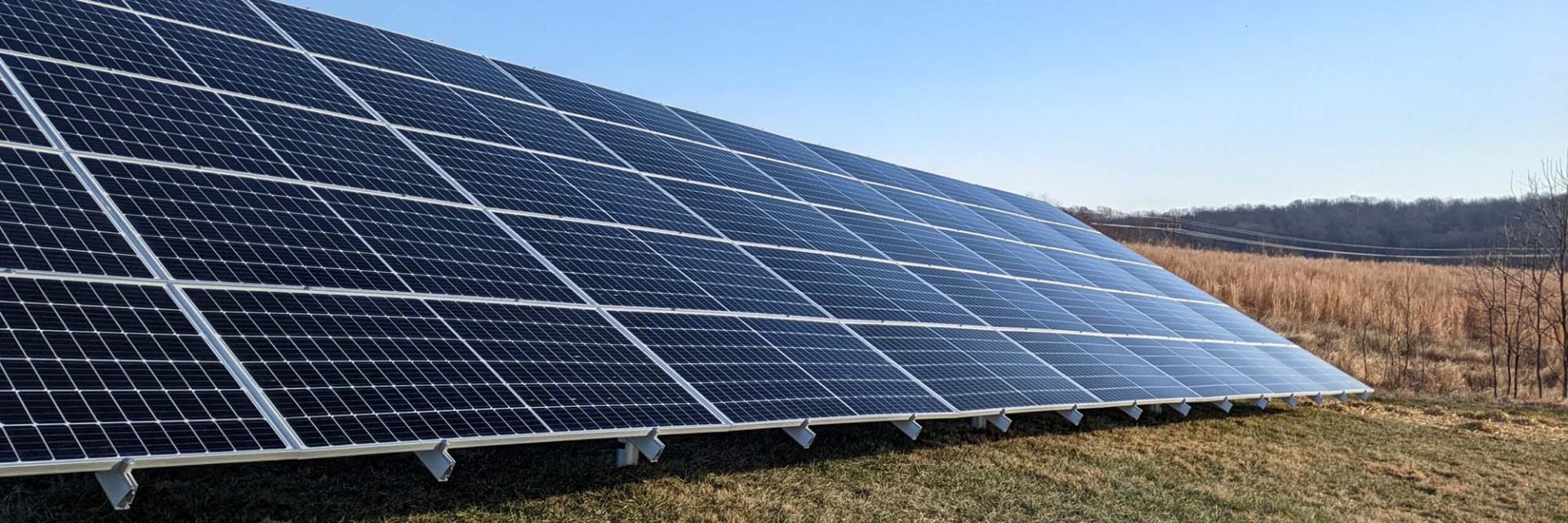Curious about the cost of solar energy? We’ve got you covered. In this article, we’ll dive into the topic of solar pricing, shedding light on the factors that influence costs. We’ll also explore potential add-ons like battery backup and Sunlight Backup, and how they can impact the final price. For a comprehensive comparison of solar quotes, be sure to check out our previous blog post: How to Compare Solar Quotes. If you want to know what solar will cost on YOUR home, get a free solar assessment today!
Factors influencing solar costs
Solar costs can vary based on several factors, including the size of the solar system, chosen equipment, system complexity, and general market conditions. On average, solar systems are priced between $2.70 to $3.50 per watt (W) based on these variables. It’s important to note that market prices can fluctuate, so staying up-to-date on current rates is crucial. Ground-mounted systems also cost more than roof-mounted solar systems.
Understanding system size
The size of the solar system is a significant determinant of the overall cost. Larger systems that produce more energy tend to cost more upfront. Average system sizes can range from 5 kW to 10 kW for residential applications. This size can vary depending on factors such as your energy consumption, available roof space, and budget. An average system cost could be anywhere from $15,000 – $35,000, before factoring in residential solar incentives
Does the cost outweigh the benefits?
While the upfront costs of solar installation can sometimes be surprising, it’s important to view solar as a long-term investment rather than a short-term expense, and also factor in your true out-of-pocket expense after solar incentives, like the 30% federal tax credit for solar.
On average, residential solar systems pay for themselves in approximately 9 to 12 years, depending on various factors such as location, energy usage, and incentives. Once your system has paid for itself, you can enjoy years of virtually free electricity, significantly reducing your monthly energy bills and increasing your overall savings, in addition to having added equity to your home. So, while the initial investment may require careful consideration, the financial benefits and environmental impact of solar energy can be well worth the commitment in the long run.
Add-ons: Battery Backup and Sunlight Backup
When evaluating solar costs, it’s essential to consider any add-ons you might want. Battery backup or Sunlight Backup systems, which provide energy storage solutions for when the sun isn’t shining, can add an additional $10,000 to $30,000 to your total cost (before incentives). While these options offer benefits like energy resilience during outages, they also impact the overall investment. If you are interested in batteries or Tesla Powerwalls for your system, make sure you bring that up early, so that the system can be designed with that in mind.
Comparing Solar Quotes
For a detailed breakdown of solar pricing, equipment specifications, and system sizes, make sure to read our blog post How to Compare Solar Quotes. This guide will help you navigate the intricacies of solar quotes, empowering you to make an informed decision.
Conclusion
As you explore the world of solar energy, understanding the factors influencing solar costs is crucial. Keep in mind that prices can vary based on system size, equipment, complexity, and market conditions. If you’re considering battery backup, remember to budget for potential add-on costs. By staying informed and comparing quotes, you’ll be better equipped to make the right solar investment for your needs and budget.

